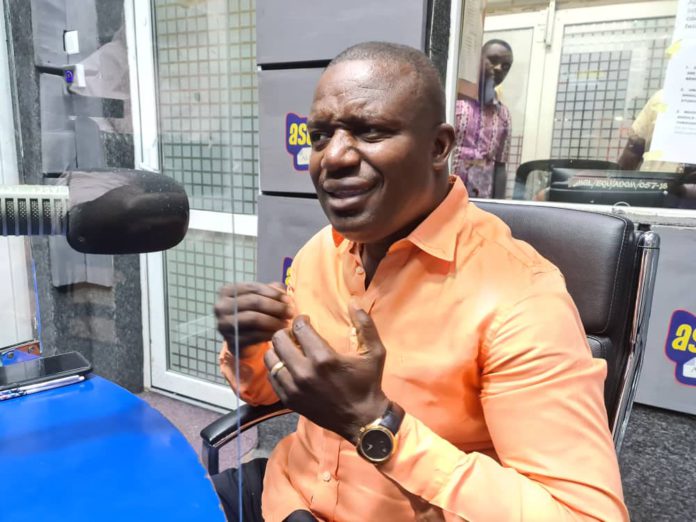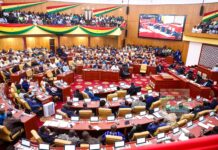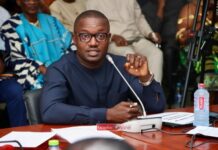
A Ranking member of the Mines and Energy Committee, John Jinapor, has criticized some assertions made by the World Bank Country Director about power purchase agreements (PPAS) signed under the NDC government.
Mr Pierre Frank Laporte said PPAs signed between 2012 and 2023 under previous and current governments are a major contributor to Ghana’s debt woes.
Speaking on Asempa FM’s Ekosiisen Show, the former Deputy Energy minister said Mr Laporte’s claims are not accurate and not borne out of proper research.
“I have listened to the tape over and over again. He mentioned that the energy sector has accumulated more of the country’s debt. He talked about the tariffs, forex losses, state owned enterprises owing huge debts and also what sparked this debate on how expensive some PPAs are. He was not specific and didn’t give any basis.
“The World Bank director should not just go and sit and talk the way he spoke. You speak with facts, based on concrete evidence and information. You don’t go and engage in this petty talk. He’s above that. After the interview, his office or secretariat should have provided information just like I have done.”
Mr Laporte indicated deficiencies within the energy sector like issues related to tariff systems, management, costly power purchases, and transmission losses, were major problems contributing to Ghana’s mounting debts.
Mr Laporte pointed out that the mismatch between the production cost of Independent Power Producers (IPPs) and the amount consumers paid for electricity led to a surge in debts, as the government was unable to meet its financial obligations to the IPPs.
Moreover, Mr. Laporte criticized the Power Purchasing Agreements (PPAs) signed by the government, stating that they were expensive and burdened the country with paying for unused energy due to “take or pay contracts.”
He noted that Ghana had entered into agreements at unfavorable rates and prices in recent years, which had further impacted the debt situation.
To address this issue, Mr. Laporte urged the government to pursue reforms in tariff adjustments, tackle transmission losses through improved infrastructure, and restructure power purchasing agreements to align with the country’s energy demands.
He highlighted the recent tariff increment and approval by the Public Utility Regulatory Commission (PURC) as a positive step, emphasizing that substantial progress could be achieved through the implementation of intended energy sector reforms.
Additionally, Mr. Laporte advised the government to leverage the West African Power Pool to provide affordable electricity to both the population and industries.
According to Fitch Ratings, the energy sector represents the largest driver of Ghana’s national debt, with the country owing independent power producers a staggering $1.58 billion.
Fitch Ratings also revealed that while Ghana initially approached the IPPs to restructure their debts as part of the External and Domestic Debt Restructuring, the companies objected to the proposal.
ALSO READ:
IMF predicts Ghana to attain moderate risk of debt distress by…
We will put pressure on govt to review 3 tax revenue measures, E-Levy – GUTA
GRA to charge importers additional 12.5% if they fail to register for VAT





